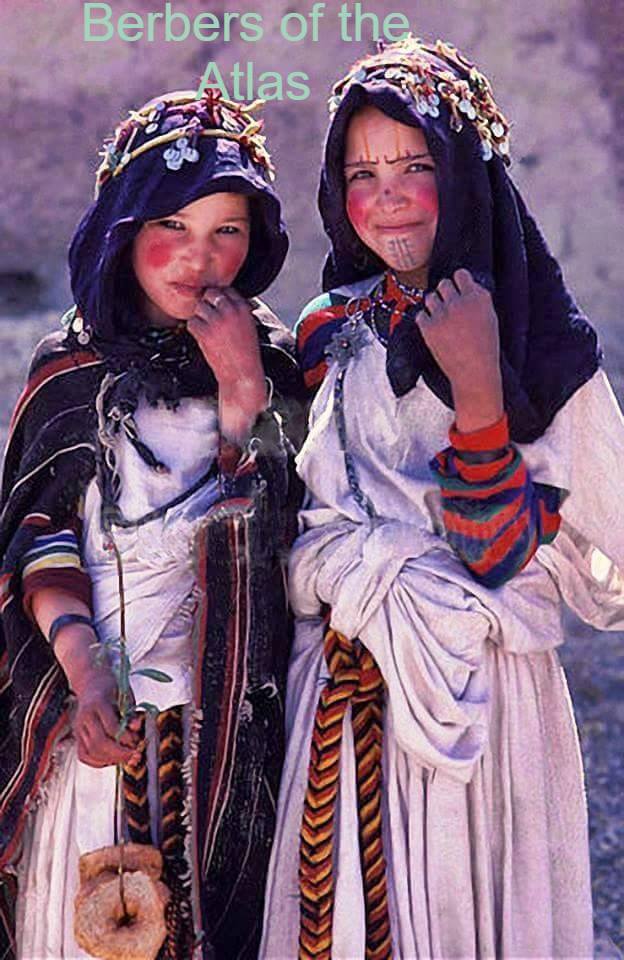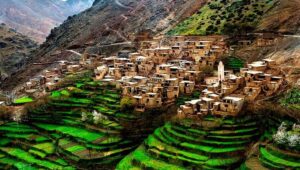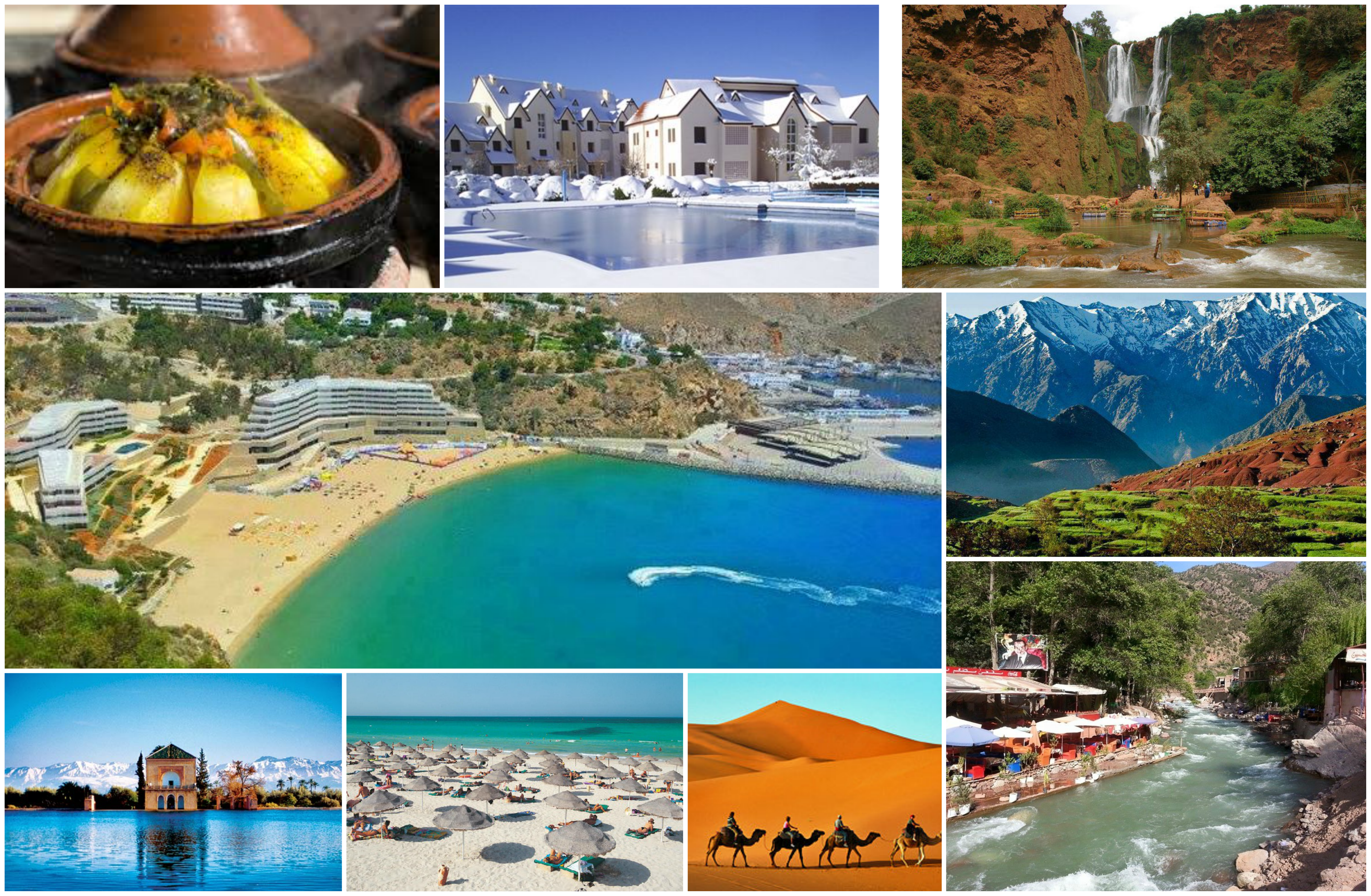
The question of whether Morocco can be labeled as an Arab country is more than a matter of semantics – it delves deep into the nation’s intricate identity, one that encompasses Amazigh roots, a diverse cultural tapestry, and a nuanced linguistic landscape. To unequivocally declare Morocco as an Arab nation is to overlook the rich historical, cultural, and ethnic nuances that make up this North African gem.
The assertion that Morocco is an Arab country disregards the sentiments of millions of Amazigh people, who constitute the primary ethnic group in the population. For many Amazigh, this claim feels like an erasure of their own cultural heritage. Arabization policies, which sought to suppress indigenous languages, traditions, and identity, have led to a generation of Arabized Imazighen who feel detached from their own identity. These policies, often enforced under the umbrella of religion, have caused many Amazigh people to self identify as Arabs.
The historical context is crucial to understanding the complexity of Morocco’s identity. Arab armies did indeed arrive, but rather than a peaceful cultural exchange, history reveals a darker narrative of oppression and forced assimilation. While Islam played it self doesn’t seek to Arabize people, the Arabization process went beyond religious conversion, attempting to subdue local cultures and languages. The imposition of an Arab identity was not exclusive to Morocco, but also stretched across Tunisia, Algeria, and Libya.
Despite Arabic being an official language of Morocco, this does not automatically translate into a homogeneous Arab identity. In fact, the opposite holds true when considering the nation’s ethnic, linguistic, and cultural fabric. Genetically, Imazighen form the predominant ancestry of Moroccans, debunking the notion of a uniformly Arab population.
Culturally, Morocco’s diversity is striking. Its culinary delights, musical harmonies, and attire stand as testimony to a multifaceted heritage influenced by Amazigh, Spanish, French, and Jewish and Arab cultures. The cuisine’s fusion, the melodies’ cadence, and the clothing’s intricate designs reveal a deep-seated connection to a past that transcends Arab identity.
Linguistically, Morocco’s linguistic landscape is a testament to its diverse history. Derija, the Moroccan dialect, is a blend of Tamazight, Arabic, French, and Spanish, reflecting centuries of intercultural interaction. This unique linguistic amalgamation is emblematic of Morocco’s Amazigh roots.
While some may argue that the Arab categorization stems from a limited understanding of Morocco’s demographics, culture, and history, it’s essential to debunk these misconceptions. The idea that Muslims are automatically Arabs oversimplifies the intricacies of identity, relegating Morocco’s rich heritage to a monolithic label.
In essence, Morocco is a North African country and its demographic is ethnically Amazigh with cultural influences from Both Europe, North Africa and recent influences from exposure to Arab culture. The true essence of Morocco is North African Amazigh regardless of the oversimplified Arab label that has religious, historical and political origins.






